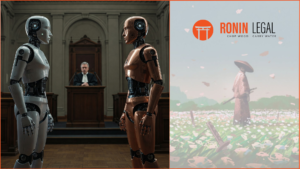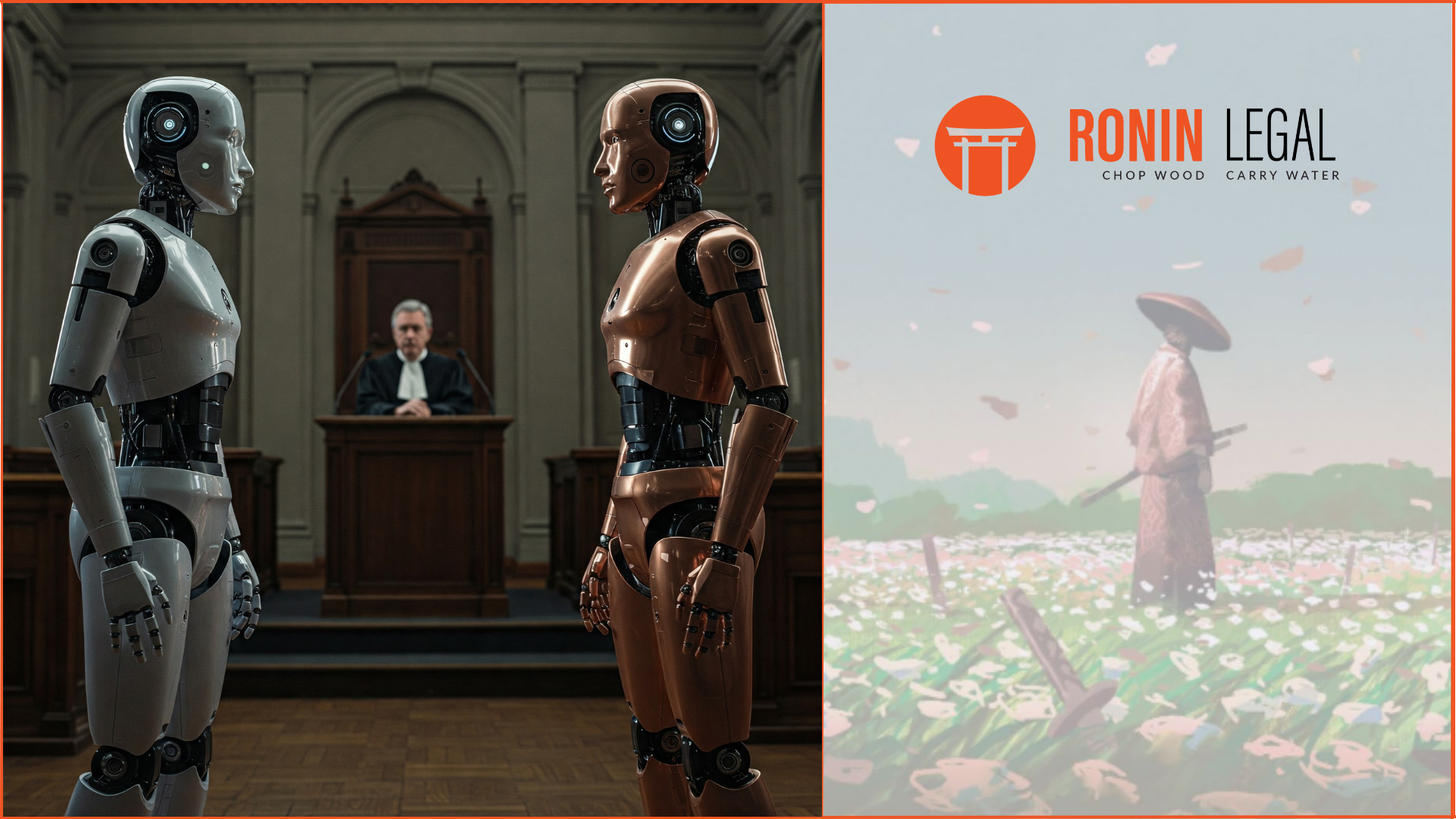Here’s what you’ll find this this fortnight’s AI update:
- Bipartisan group of Senators introduce bill to protect artists from digital replicas
- Recording Industry Association of America proposes that AI voice cloning sites be included in privacy watchlist
- Google undertakes defending generative AI users against copyright claims
- YouTube unveils plans to develop a tool to let creators sing like famous artists
- China’s Baidu releases rival of ChatGPT, Ernie AI
- WHO drafts considerations for regulating AI
- ASEAN drafts rules for AI, pushes against EU’s approach
- China proposes draft security requirements for entities offering generative AI services
BIPARTISAN GROUP OF SENATORS INTRODUCE BILL TO PROTECT ARTISTS FROM DIGITAL REPLICAS
On 11 October, 2023, a bipartisan Bill was introduced to reform and federalise the digital likeness laws in the US. The Bill proposes prohibition of creating digital likeness without the consent of the individual, and allows the individual, the estate of the individual, or a record label to institute civil proceedings in case of violation of the rules. The proposed “Nurture Originals, Foster Art, and Keep Entertainment Safe Act 8 of 2023” or the “No Fakes Act of 2023” allows exceptions in cases of parodies, criticism, satire, and commercial activities that include news, documentaries, or parodies.
The issue of digital likeness or digital replicas is currently a primary issue in the SAG-AFTRA protests, wherein actors are trying to negotiate their stance on the use of their digital replicas. With federal laws in place, this issue will have a concrete regulatory framework.
RECORDING INDUSTRY ASSOCIATION OF AMERICA PROPOSES THAT AI VOICE CLONING SITES BE INCLUDED IN PRIVACY WATCHLIST
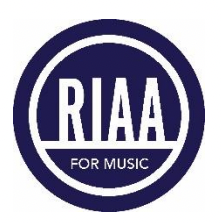
On October 6, 2023, the RIAA submitted a proposal to the US Trade Representative, requesting that content generated by AI voice cloning sites be considered as pirated content. So far, the RIAA has identified one website that clones voices of artists using AI, which includes AI vocal models of several prominent singers, including Michael Jackson, Elvis Presley, Adele, and Taylor Swift.
Recently, Spotify took down an AI generated song, “Heart on my Sleeve”, which was made to sound like it was created by Drake and the The Weeknd. Several artists like Grimes have taken a different stance and embraced the age of AI by licensing their AI vocal clones.
GOOGLE UNDERTAKES DEFENDING GENERATIVE AI USERS AGAINST COPYRIGHT CLAIMS
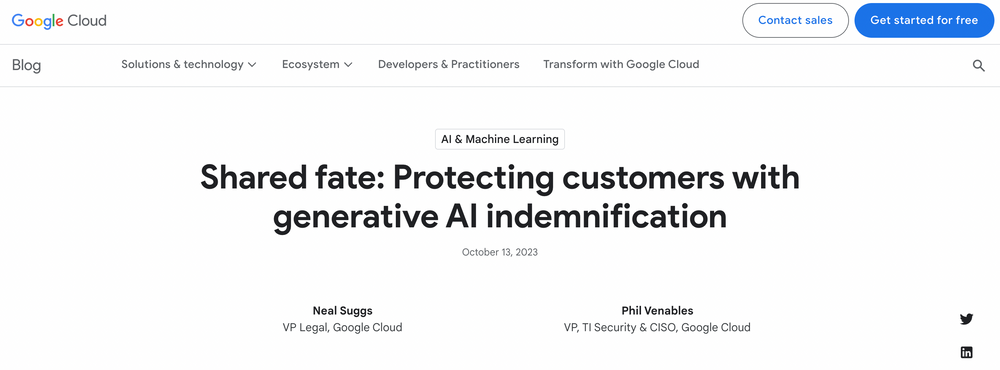
Google, on 11 October, 2023, pledged that it would indemnify and defend the users of its generative AI systems on Google Cloud from intellectual property rights violations, provided that such content is not intentionally generated to violate the IPR of others. Interestingly, this indemnification does not cover the services offered by is most well-known AI platform, Bard.
Several companies including Microsoft and Adobe have taken similar pledges to protect their users from IPR infringement lawsuits.
YOUTUBE UNVEILS PLANS TO DEVELOP A TOOL THAT LETS CREATORS SING LIKE FAMOUS ARTISTS
On 19 October, 2023, Bloomberg reported that YouTube plans to develop an AI tool that allows creators to record themselves in the voices of famous artists. YouTube is currently working with music companies to license their rights to use their music as training data.
In August, YouTube unveiled its plans to develop a Music AI Incubator, which involves plans to collaborate with Universal Music Group for insights in generative AI experiments on YouTube.
CHINA’S BAIDU RELEASES RIVAL OF CHATGPT, ERNIE AI
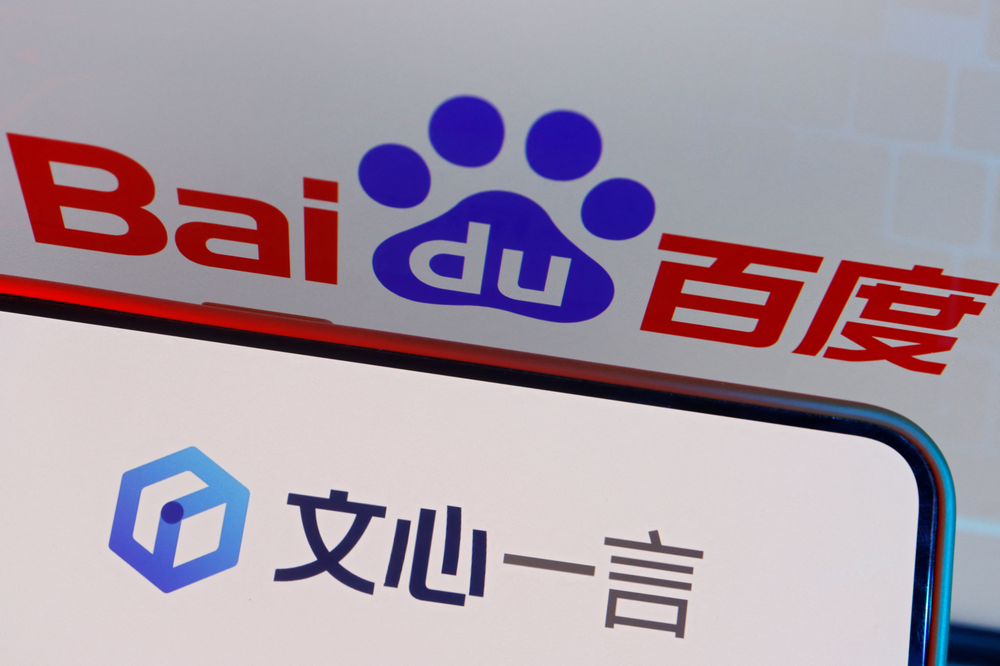
On 17 October, 2023, the Chinese technology company, Baidu, released it own version of a GPT-4 model, known as Ernie AI, claiming that its capabilities are on par with OpenAI’s ChatGPT. The model demonstrated its capabilities in writing a martial arts novel, and creating posters and videos for advertisements.
WHO DRAFTS CONSIDERATIONS FOR REGULATING AI
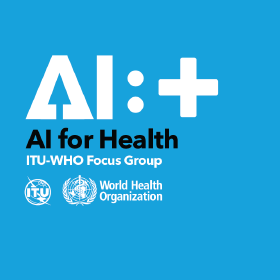
On 19 October, 2023, the World Health Organisation, in collaboration with the International Telecommunication Union, released recommendations to consideration while drafting rules for AI for health. The considerations include transparent AI systems, risk management and development of the AI systems during their lifecycle, documentation on intended use and analytical and clinical validation, evaluation of quality of data, privacy and data protection, and engagement and collaboration with key stakeholders.
ASEAN DRAFTS RULES FOR AI, PUSHES AGAINST EU’S APPROACH
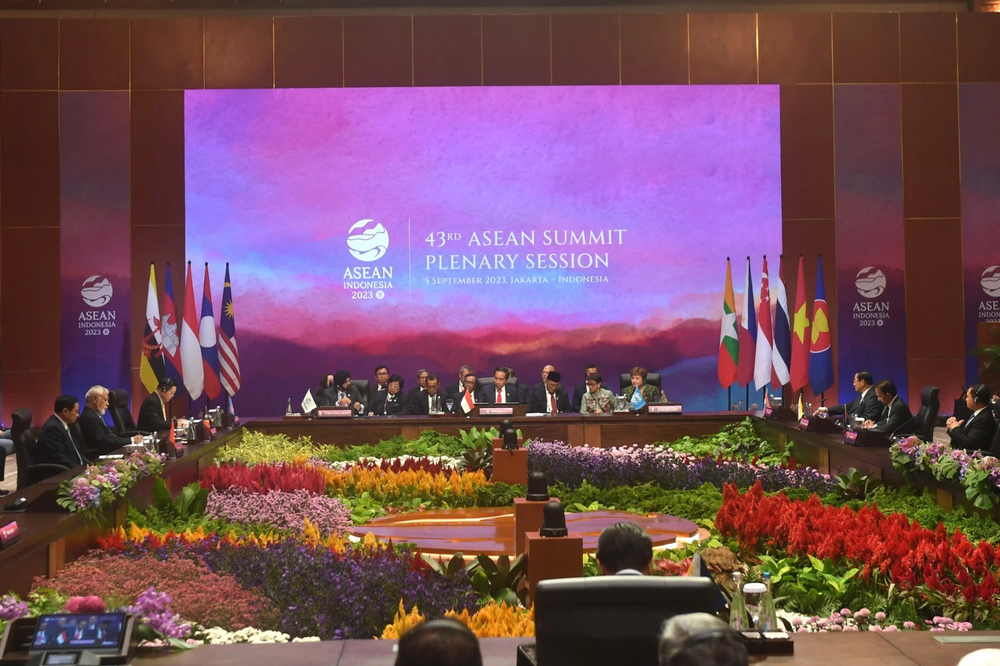
The Association of Southeast Asian Nations drafted a confidential “guide to AI ethics and governance” on 11 October, 2023. According to sources, this draft has been shared with companies including Google, Meta, and IBM. The draft takes a business-friendly approach and does not make a classification of “unacceptable risk”, much unlike the draft of the EU AI Act.
The draft is meant to take into consideration the several cultural difference between the ASEAN member nations, and allow a hands-off approach to reduce the regulatory burden.
CHINA PROPOSES DRAFT SECURITY REQUIREMENTS FOR ENTITIES OFFERING GENERATIVE AI SERVICES
On 11 October, 2023, the National Information Security Standardisation Committee of the Cyberspace Administration of China (CAC), released a draft of the Technical Document on Basic Requirements for Security of Generative Artificial Intelligence Services. This draft includes conducting security assessments of the training datasets fed into generative AI models, and blacklist those datasets that contain more than 5% of “illegal and harmful information”. The illegal and harmful information includes content that advocates terrorism or violence, overthrowing the socialist system, damaging the country’s image, and undermining national unity.
The CAC has released two other guidance documents to regulate AI in the country, and takes a similar approach to the EU while regulating AI.
Authors: Shruti Gupta





